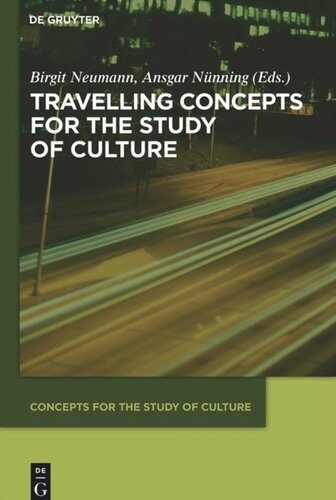

Most ebook files are in PDF format, so you can easily read them using various software such as Foxit Reader or directly on the Google Chrome browser.
Some ebook files are released by publishers in other formats such as .awz, .mobi, .epub, .fb2, etc. You may need to install specific software to read these formats on mobile/PC, such as Calibre.
Please read the tutorial at this link: https://ebookbell.com/faq
We offer FREE conversion to the popular formats you request; however, this may take some time. Therefore, right after payment, please email us, and we will try to provide the service as quickly as possible.
For some exceptional file formats or broken links (if any), please refrain from opening any disputes. Instead, email us first, and we will try to assist within a maximum of 6 hours.
EbookBell Team

4.1
90 reviewsNow available as paperback!
Bringing together innovative and internationally renowned experts, this volume provides concise presentations of the main concepts and cutting-edge research fields in the study of culture (rather than the infinite multitude of possible themes). More specifically, the volume outlines different models for the study of culture, explores avenues for interdisciplinary exchange, assesses key concepts and traces their travels across various disciplinary, historical and national contexts. To trace the travelling of concepts means to map both their transfer from one discipline, approach or culture of research to another, and also to identify the transformations which emerge through these processes of transfer. The volume serves to show that working with (travelling) concepts provides a unique strategy for research and research design which can open up a wide range of promising perspectives for interdisciplinary exchange. It offers an exemplary overview of an interdisciplinary and international approach to the travelling concepts that organize, structure and shape the study of culture. In doing so, the volume serves to initiate a dialogue that exceeds disciplinary and national boundaries and introduces a self-reflexive dimension to the field, thus affording a recognition of how deeply disciplinary premises and nation-specific research traditions affect different approaches in the study of culture.